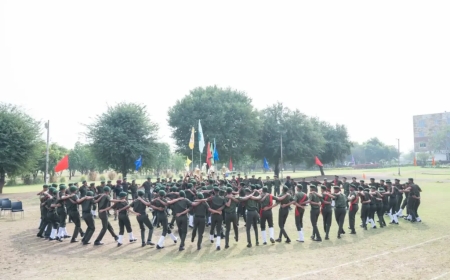Veterans Against Trump Signs: Voices of Service Calling for Change
In a nation that deeply respects its military, the voice of veterans carries profound weight. When veterans speak out against political leaders, especially through highly visible platforms like yard signs, bumper stickers, and protest banners, their message resonates powerfully. Among the most controversial of these in recent years areVeterans Against Trump signs, which have become symbolic of a growing faction of former service members who oppose Donald Trumps leadership and policies.
These signs are not just protest toolsthey represent stories, frustrations, and deeply held beliefs about honor, democracy, and accountability.
Why Are Some Veterans Against Trump?
Veterans who display Veterans Against Trump signs often do so because of a range of concerns that challenge their ideals of service, duty, and national integrity. Here are some of the most cited reasons:
1. Comments About the Military
One of the most commonly referenced reasons is Trumps alleged comments referring to fallen American soldiers as losers and suckers. Though denied by Trump, these statementsreported by multiple credible sourcesdeeply offended many who have served, especially those whove lost comrades in combat.
2. Undermining Democratic Institutions
Many veterans swore an oath to uphold the Constitution. Trump's actions, particularly surrounding the events of January 6, 2021, and his refusal to concede the 2020 election, are seen by some as antithetical to the democratic values they fought to protect.
3. Disrespect Toward War Heroes
Trumps public disputes with respected veterans like the late Senator John McCain and Gold Star families (such as the Khan family) also stirred discontent. These incidents are viewed as examples of behavior unbecoming of a commander-in-chief.
4. Concern Over Divisive Rhetoric
Veterans from diverse backgrounds often cite Trumps divisive rhetoric on race, immigration, and national unity as harmful. Having served in diverse military units, many oppose political figures who appear to pit Americans against one another.
The Role of Political Signs in Veteran Advocacy
Veterans Against Trump signs have become one of the many grassroots methods used to express dissent. These signs appear in front yards, during protests, on car bumpers, and even in digital campaigns. Here's why they matter:
-
Visibility: Yard signs are a simple yet powerful way to make a statement in local communities. When a veteran puts such a sign on their lawn, it challenges stereotypes that all service members support conservative or pro-Trump ideologies.
-
Solidarity: The signs often spark dialogue and can bring like-minded individuals togetherveterans who feel isolated in their political views find reassurance in seeing others publicly speaking out.
-
Civic Engagement: They help drive awareness and encourage broader participation in political discourse, elections, and veteran-led advocacy.
Criticism and Controversy
Of course, not all responses to these signs are supportive. Veterans who oppose Trump may face backlash, including from family, neighbors, and fellow service members who view such dissent as disloyalty. Some argue that politicizing military service undermines unity or disrespects the chain of command.
However, proponents counter that true patriotism includes holding leaders accountable and defending democratic values, not individuals.
Organizations Behind the Movement
Several grassroots groups and PACs have supported the "Veterans Against Trump" sentiment:
-
VoteVets: One of the most active progressive veterans groups, VoteVets has led major ad campaigns and social media efforts calling out Trump-era policies.
-
Common Defense: A community of progressive veterans working to oppose authoritarianism and promote equality and justice.
-
Veterans for Responsible Leadership: Founded by conservative-leaning veterans who became disillusioned with Trumps behavior and policies.
These organizations amplify voices that might otherwise go unheard and play a crucial role in shaping political narratives around veteran support.
Freedom of Expression and the American Ideal
At the heart of the "Veterans Against Trump" movement is the principle of freedom of expressiona right enshrined in the Constitution and fiercely protected by the military service of those displaying these signs. Whether one agrees or disagrees with the message, the presence of these signs is a reminder that democracy thrives on open dialogue and dissent.
Conclusion: More Than Just a Sign
Veterans Against Trump signs are more than cardboard or plastic planted in the groundthey are the embodiment of a powerful message: that service to country doesnt end with a discharge. For many veterans, speaking out is part of continuing their oath to defend the Constitution and protect the soul of the nation.
In a political climate defined by polarization, these signs remind us that patriotism comes in many formsand that love of country sometimes means challenging its leaders.




























